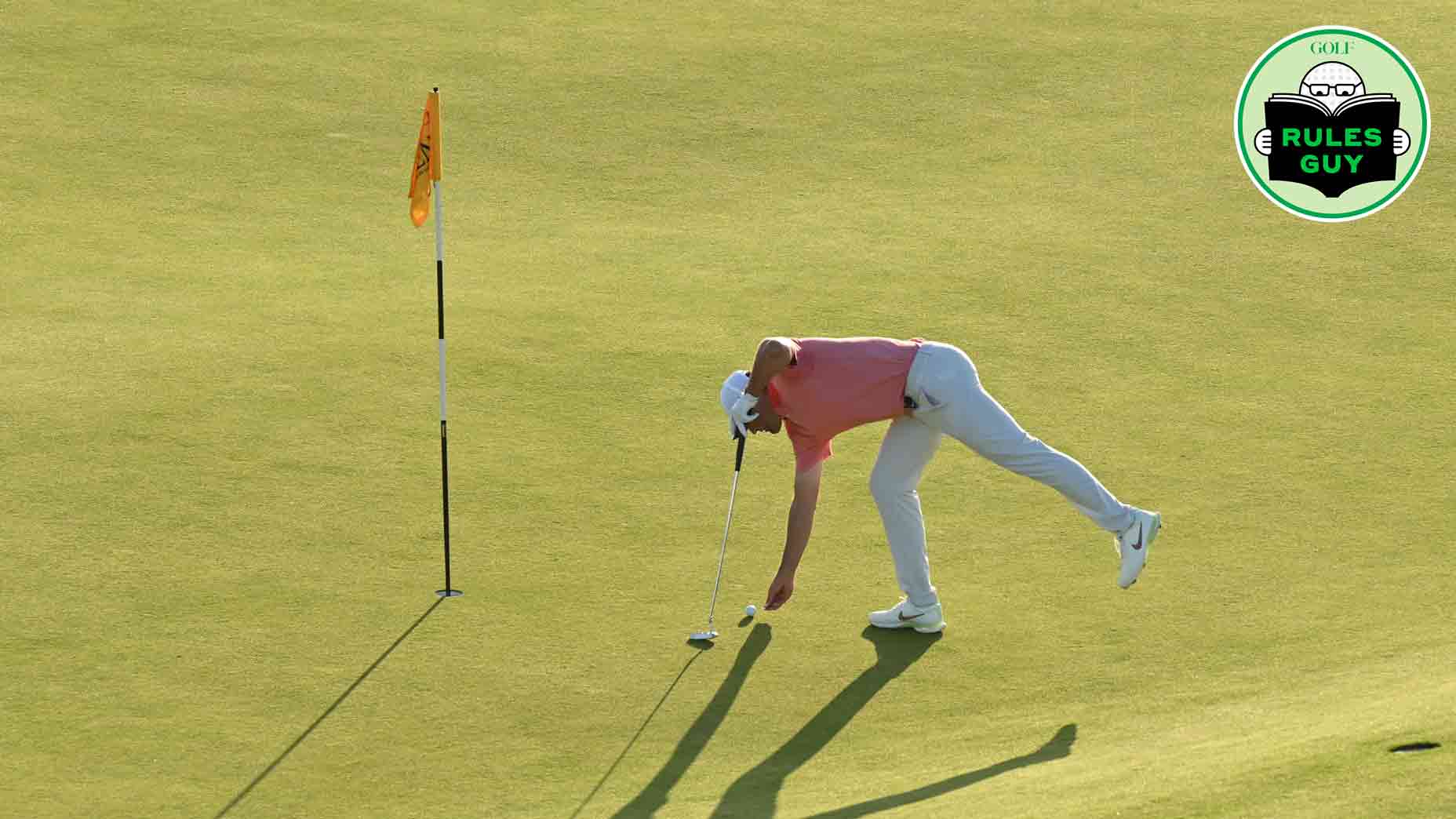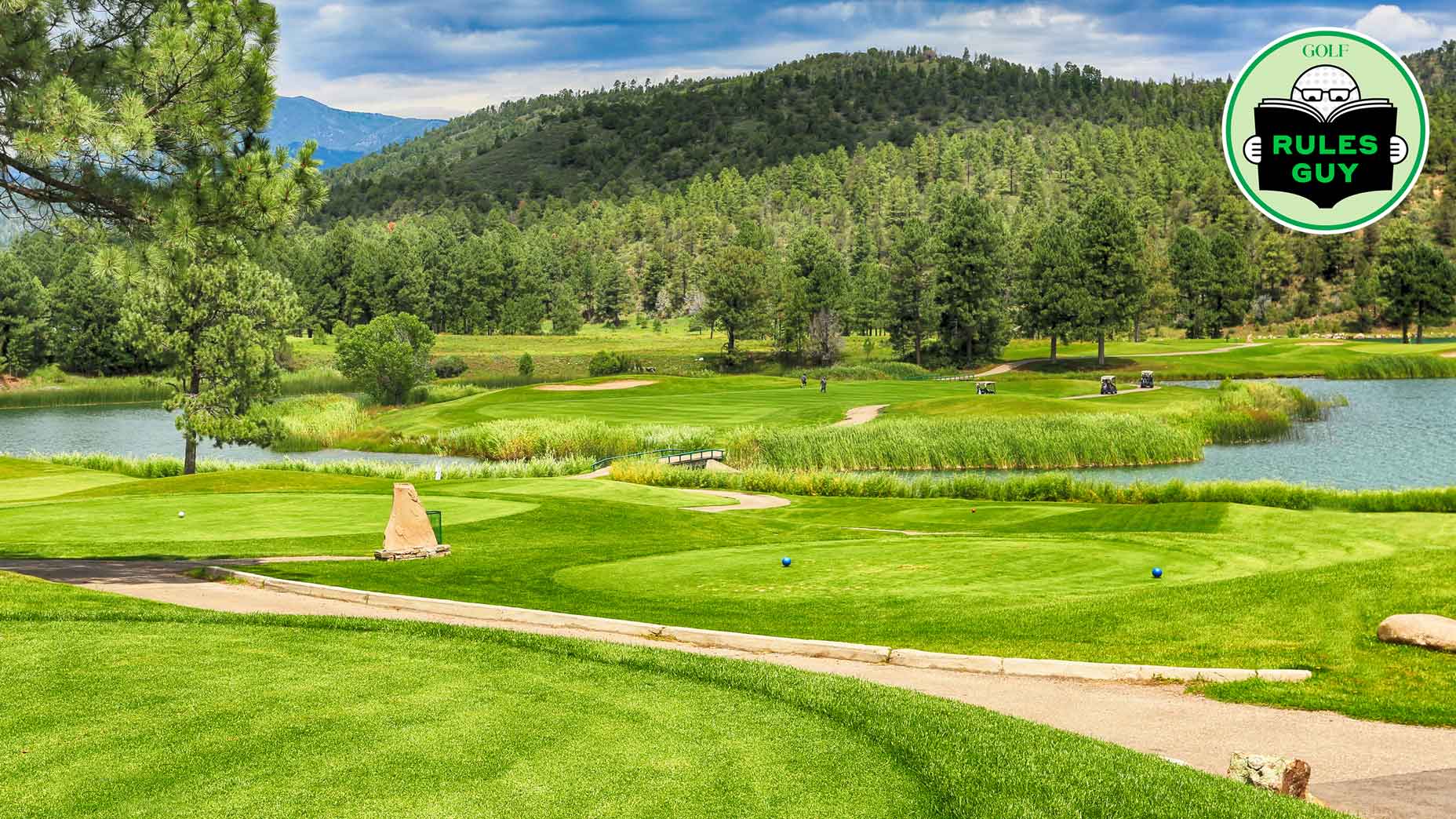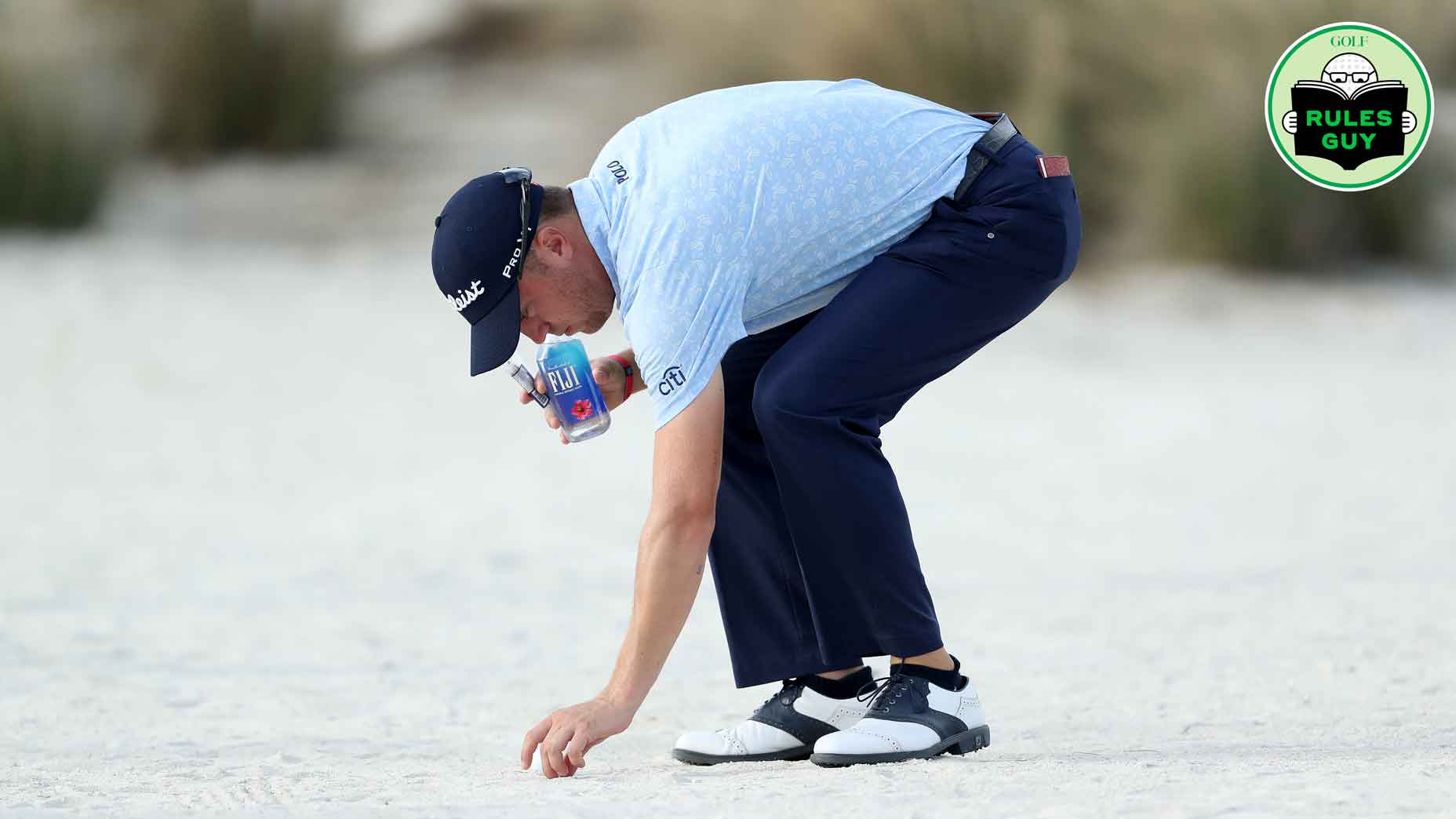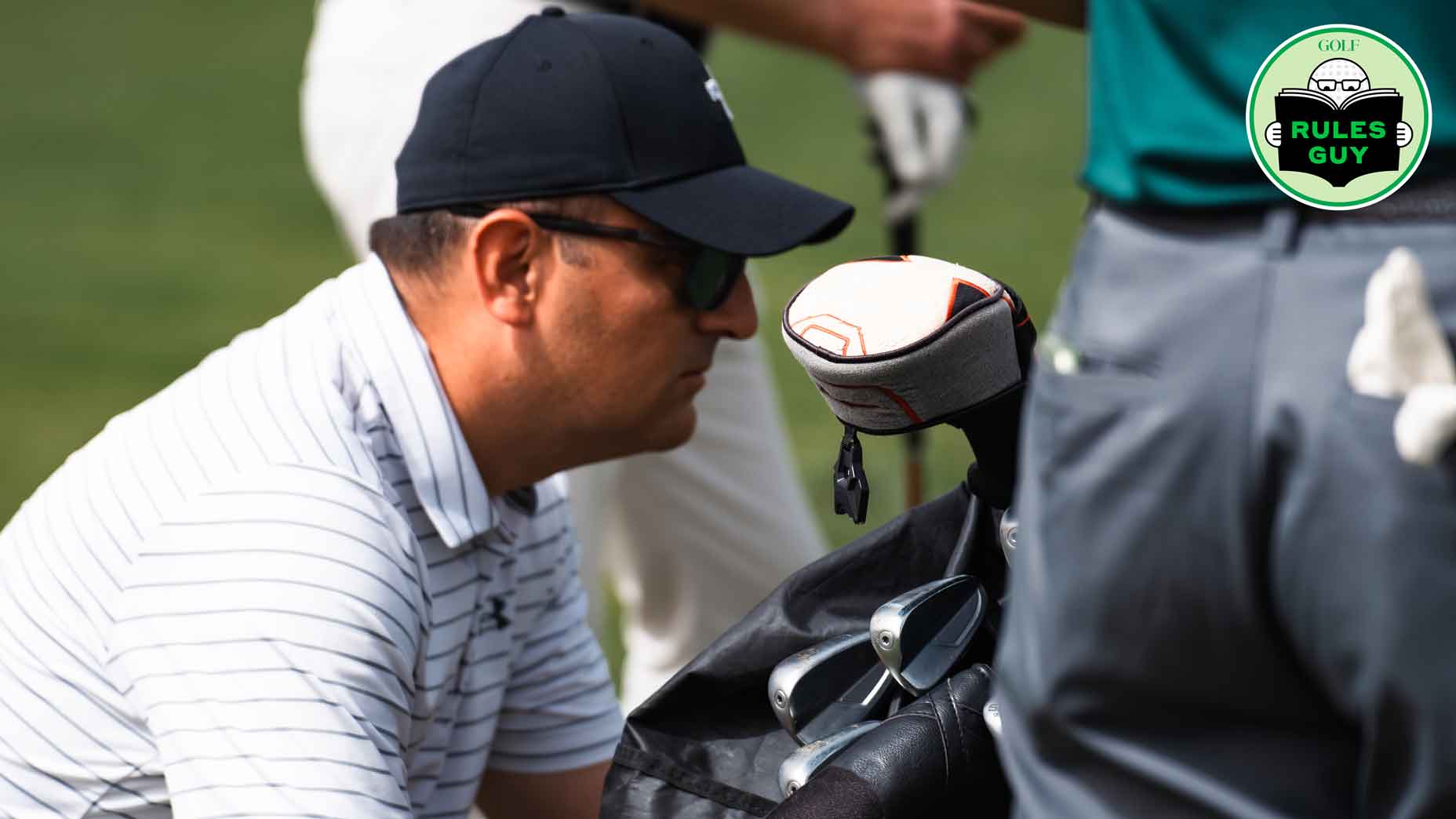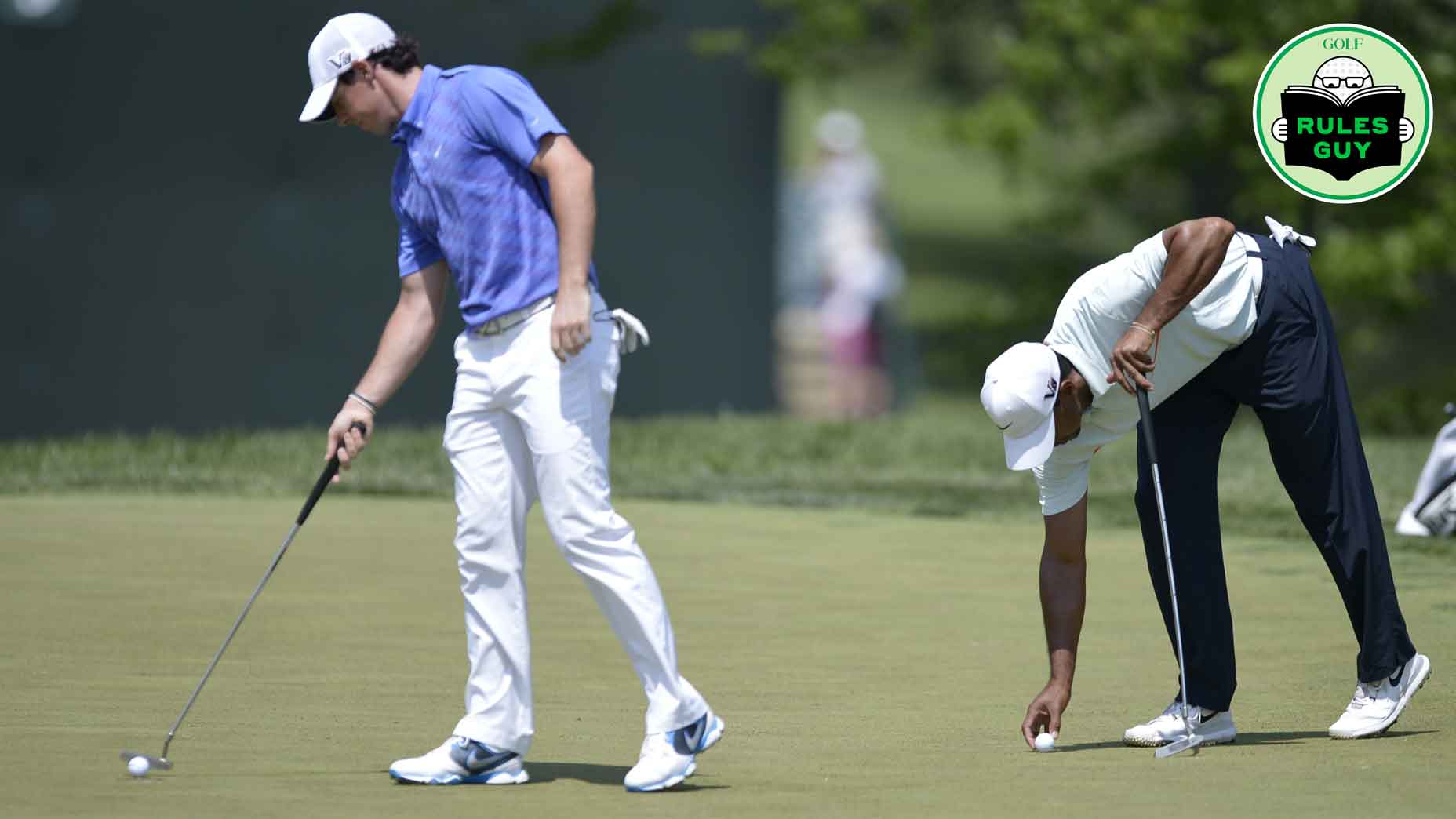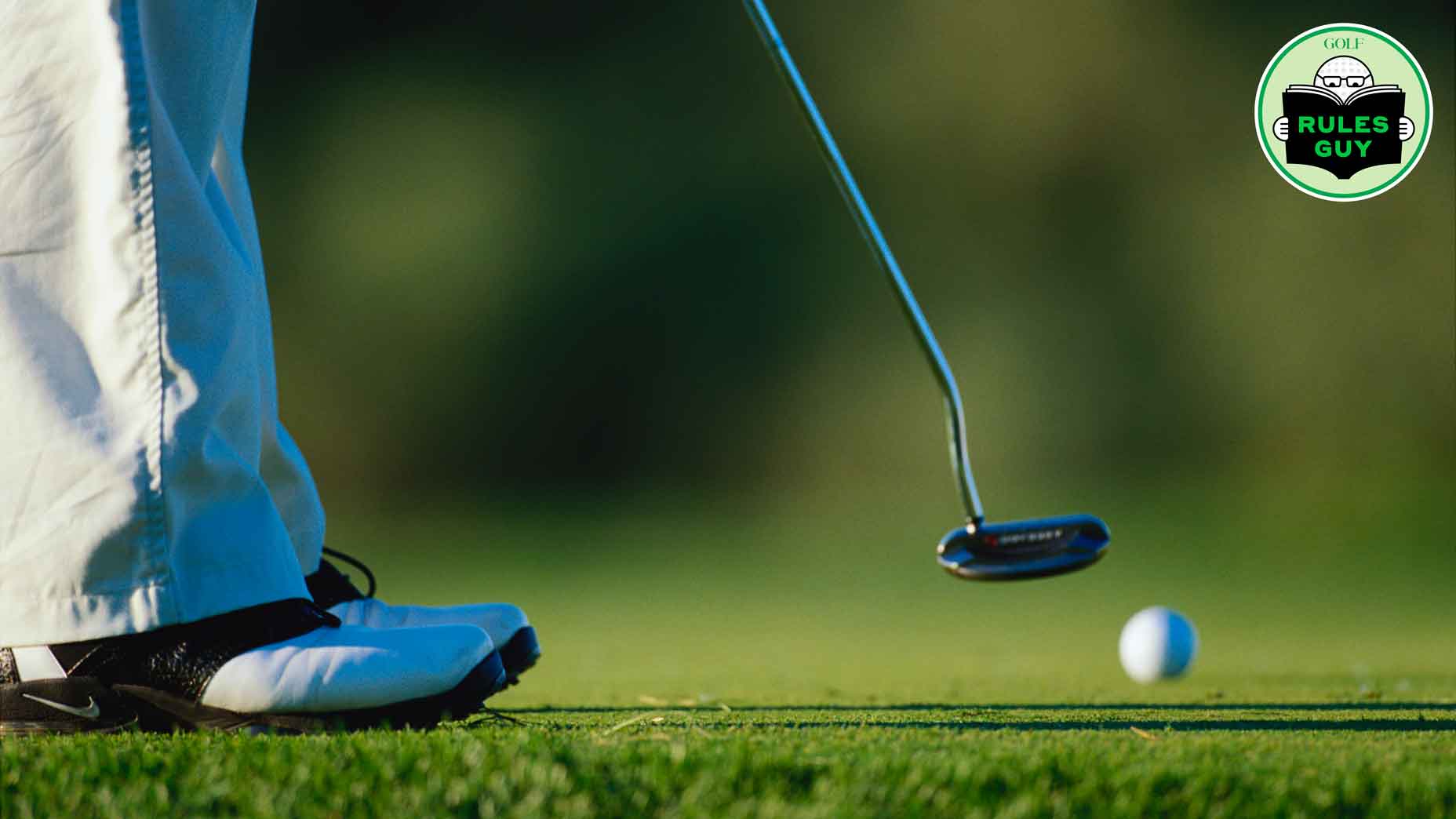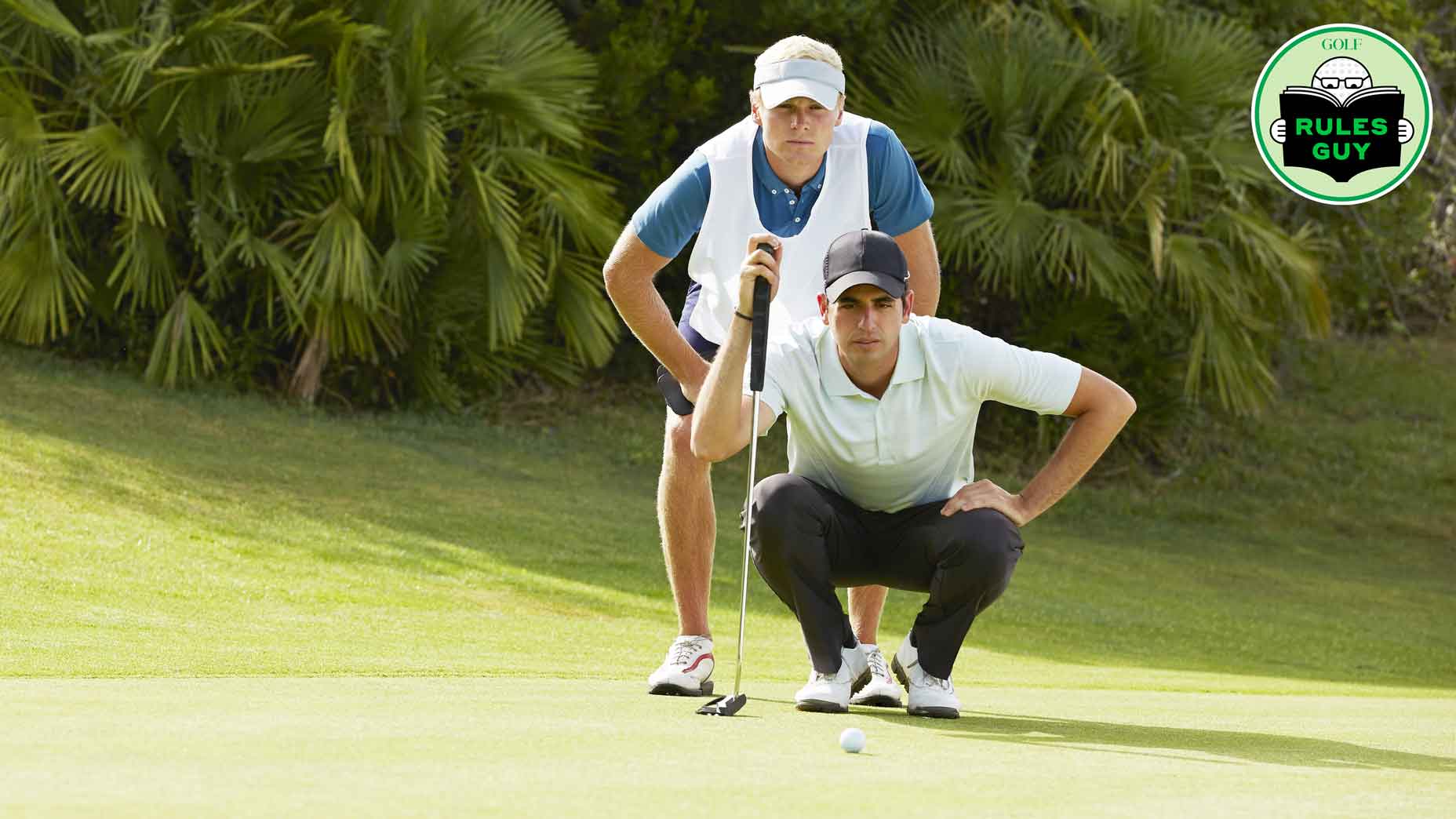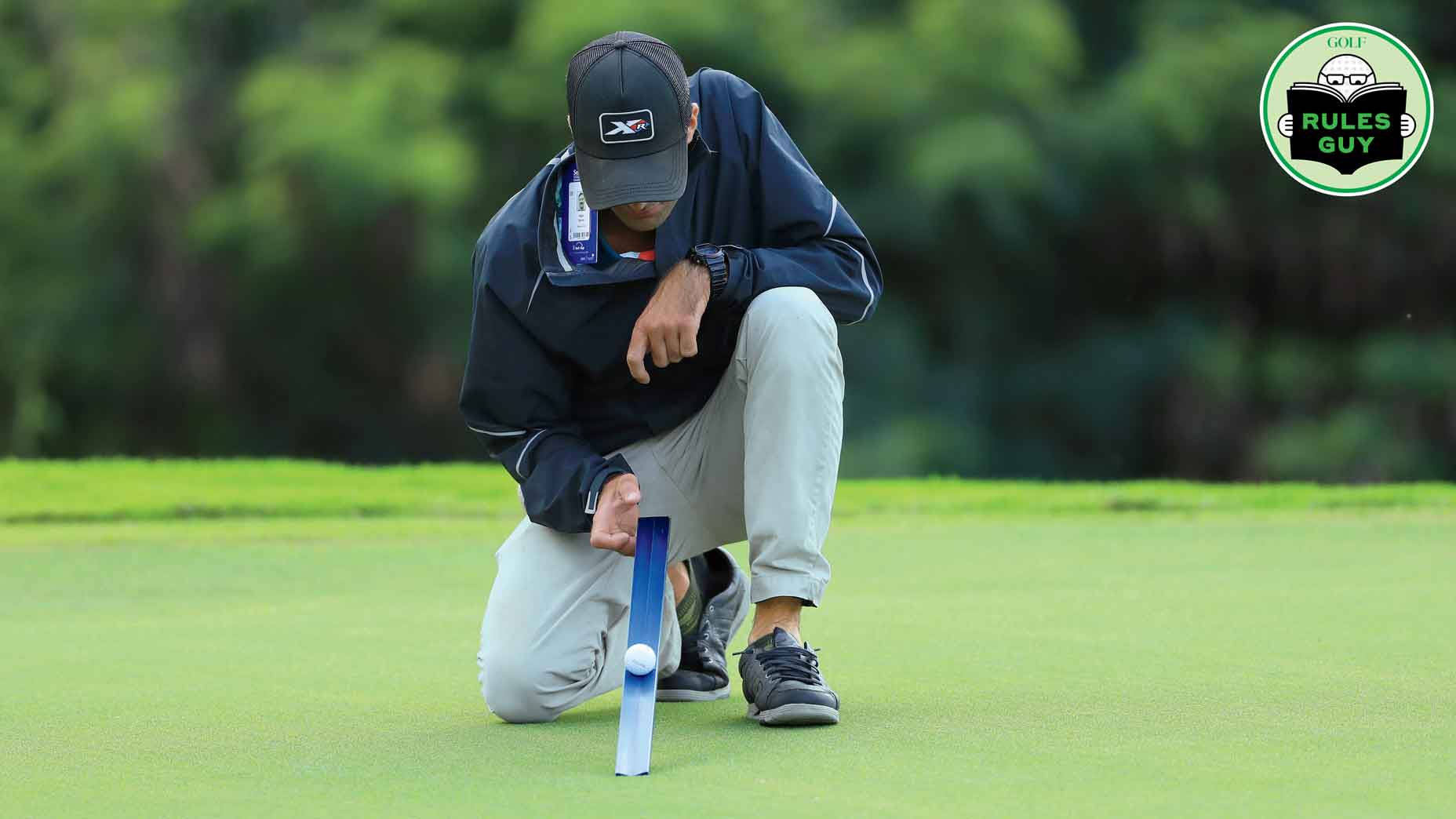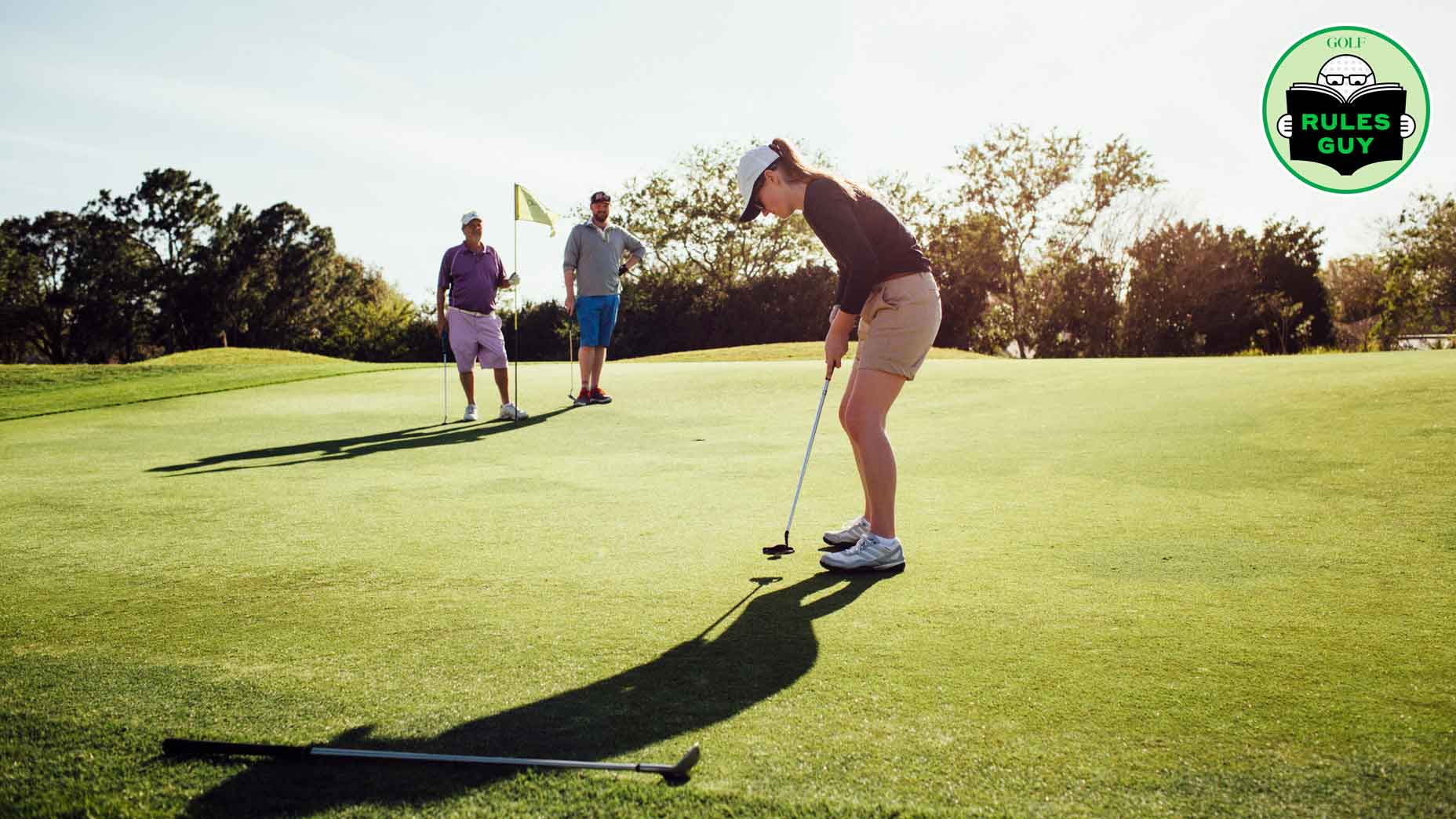Rules Guy: My playing partner said my ball was his, and we both hit the wrong one. Do I have to take a penalty?
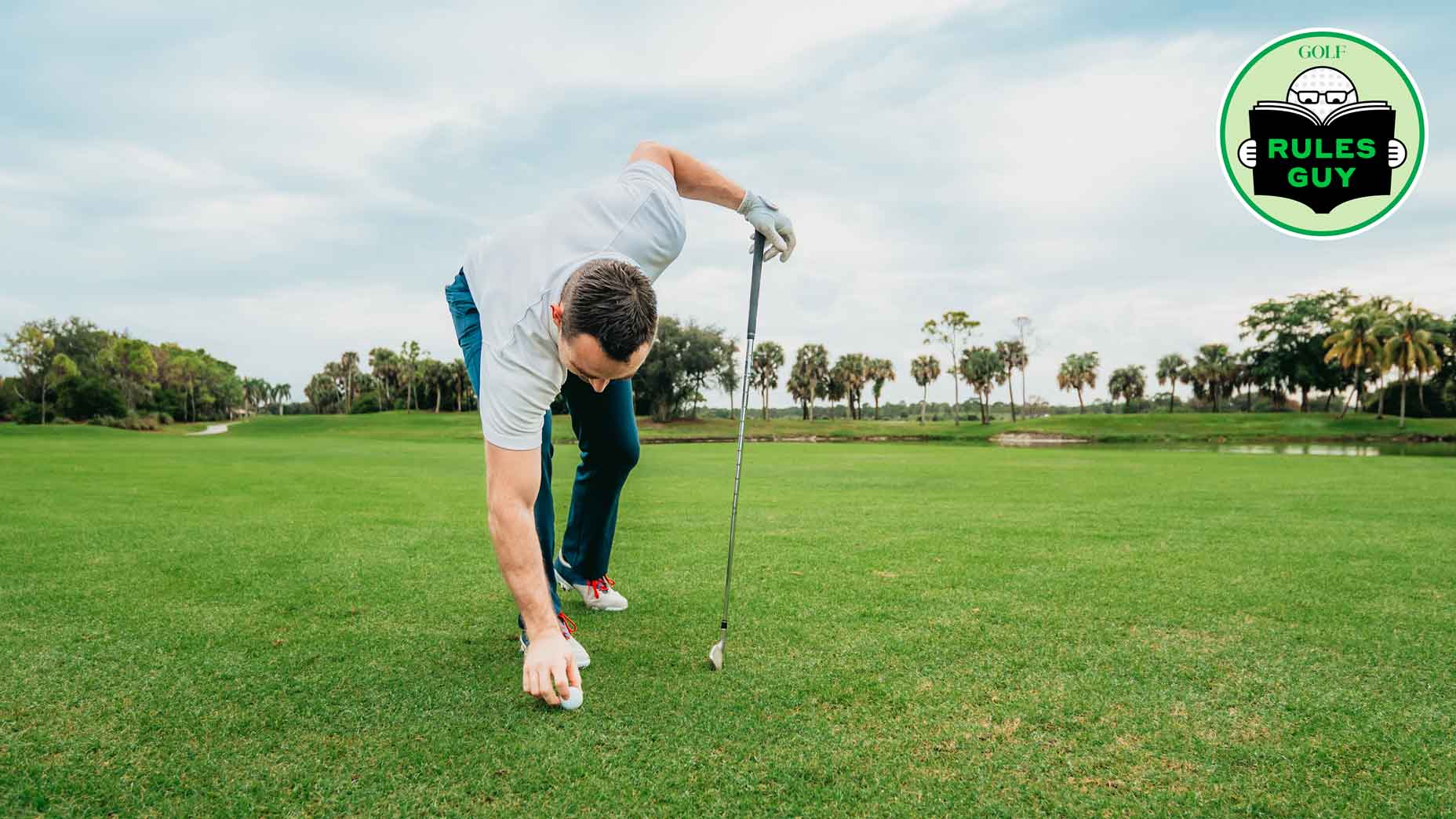
What do you do if you ask a playing partner to identify a ball but they end up being incorrect?
Getty Images
The Rules of Golf are tricky! Thankfully, we’ve got the guru. Our Rules Guy knows the book front to back. Got a question? He’s got all the answers.
During a match-play tournament, my opponent and I both hit our drives close together into heavy rough. I asked him to identify the first ball; he said it was his and played it, after which I played the other ball. Sure enough, reaching our next shots we realized that he’d played my ball and then I’d played his. Could I have called him on this misidentification and claimed the hole, as the first mistake was his? —Erik van Rens, Wilmington, N.C.
Not that Rules Guy suggests feeling great about yourself for doing so, since you passed the buck, but in a word, yes, you could have called him on it.
The Rules provide the ability to identify your ball, even giving you the right to mark and lift it to make sure. (See Rule 7.3.)
If you don’t take advantage of that ability, the penalty for playing a wrong ball in match play is loss of hole — and when your opponent plays the wrong ball first, guess who loses the hole? Him. See the Penalty Statement under Rule 6.3c(1).
For more wrong-ball guidance from our guru, read on …
A friend hit his shot into a creek bank inside the hazard line. The grass was thick, but his playing partner found the ball and helped him identify it. Without grounding his club, my friend swung and recovered back into the fairway. Only problem: It turns out he’d hit another ball underneath or somewhere very close to his original ball, which we found still back on the bank. What’s the ruling, and does the fact that this occurred inside a hazard impact it? —Craig Wolfgang, Arcadia, Ind.
Ah, the old switcheroo. Penalty area or not (“hazards” no longer exist, per the 2019 Rules), there is no penalty for a stroke made at one’s own ball that happens to dislodge a concealed ball.
The stroke simply counts, and then the player goes back and plays his original ball … though given your friend’s recovery skills, he might want to consider taking a penalty drop on more forgiving turf.
Need help unriddling the greens at your home course? Pick up a custom Green Book from Golf Logix.
Got a question about the Rules? Ask the Rules Guy! Send your queries, confusions and comments to rulesguy@golf.com. We promise he won’t throw the book at you.

